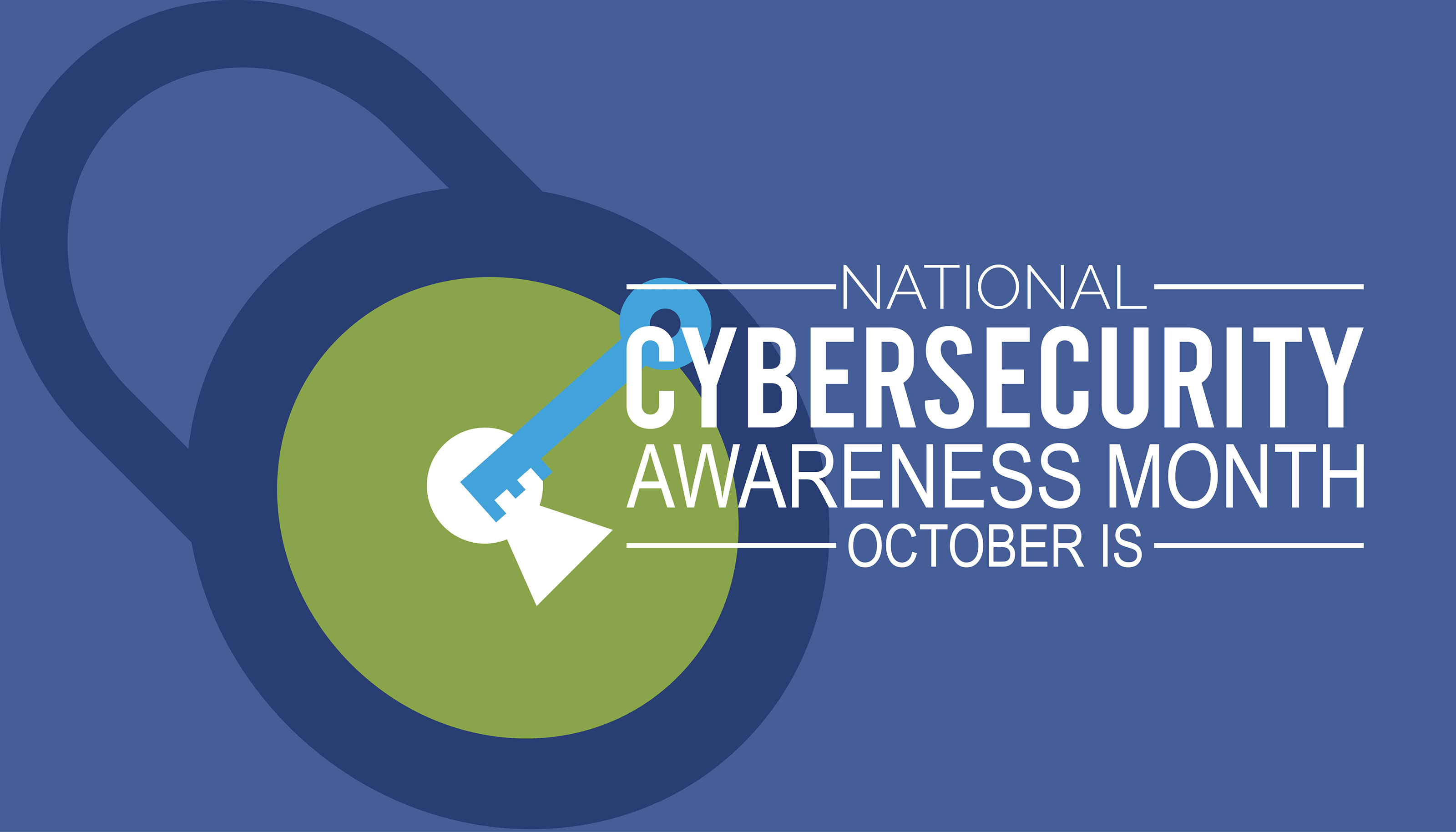In this Bloomberg Opinion piece, F.D. Flam delves into the escalating challenges faced by researchers studying misinformation, as public backlash against them grows. Rather than receiving support, these scientists are encountering obstacles like funding cuts, subpoenas, and accusations of promoting censorship. This opposition stems partly from a recent Nature study that found conservative users more likely to share low-quality news on social media, sparking allegations that researchers are unfairly targeting right-leaning views.
The study defined "low-quality news" through evaluations by fact-checkers and laypeople from diverse political backgrounds, emphasizing that both extremes of the political spectrum contribute to misinformation, though far-right sources were more prominent. Historian Edward Tenner suggests the backlash may be rooted in "reactance," where people double down when challenged. Flam argues that curbing free inquiry undermines understanding misinformation and its impact on society, especially as platforms like Meta and X (formerly Twitter) further restrict research data access.
Flam's analysis stresses that protecting free speech should include supporting researchers working to understand the flow of information—especially as algorithm-driven platforms increasingly shape public opinion.































0 Comments